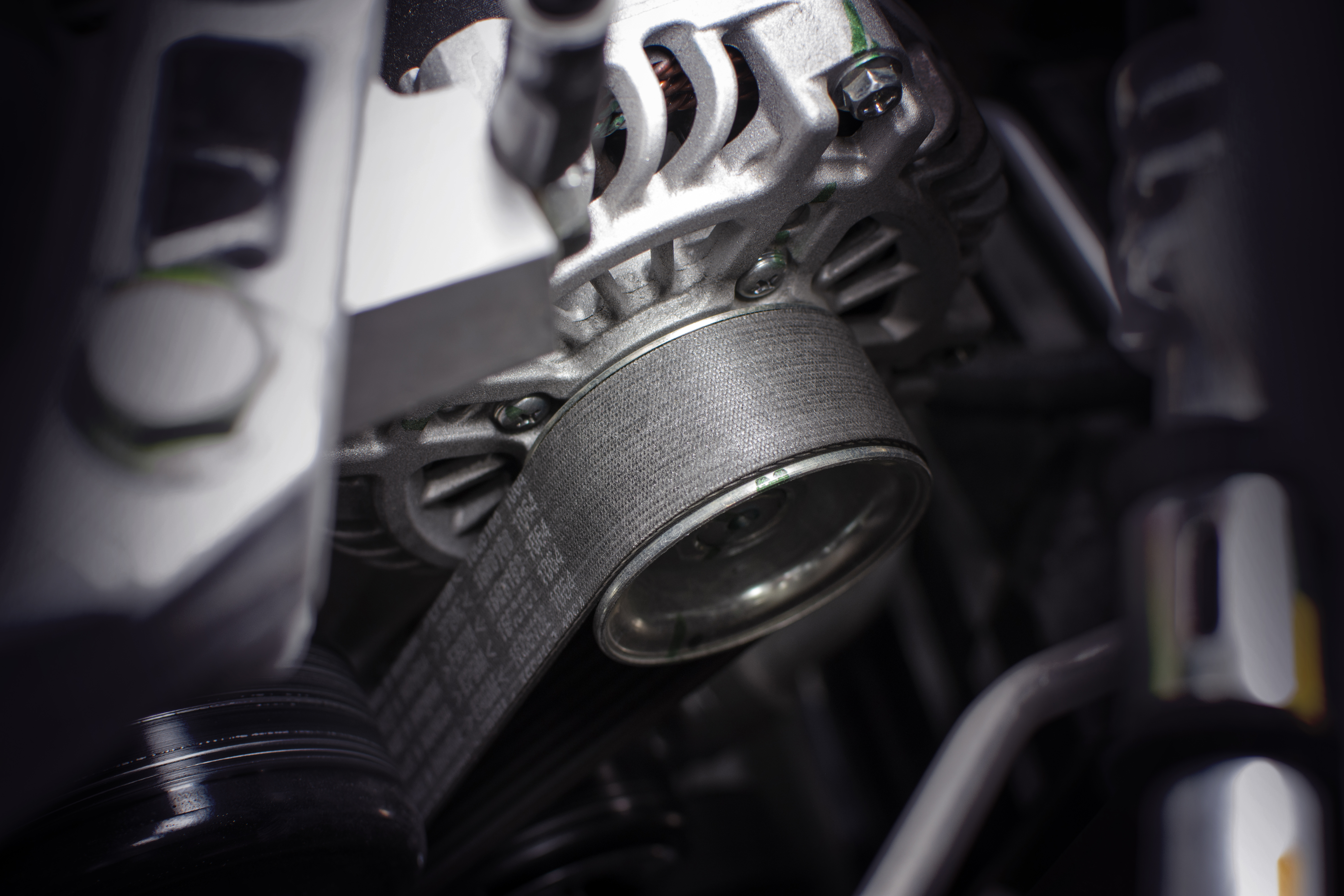
Understanding Car Electrical Systems
If your car’s electrical system has issues, the entire vehicle and its processes are affected, from powering the windows and running the air conditioner to using the radio. Added to this point, identifying the issue is not always so easy.
The electrical system’s basic operation comes down to the battery, starter and alternator. The battery supplies the electrical current needed to get the vehicle operating. From here, the alternator helps the battery stay charged, so it can power the electrical system continuously. Lastly, the starter uses some of that power to move the crankshaft and pistons.
Beyond these core components, most newer vehicles have a complex computer system that transmits signals to the brakes, steering wheel and other sensors. Unfortunately, new developments mean there’s less uniformity between these components, with make, model and age playing a factor.
Common Car Electrical Issues
If your car won’t start, there’s clearly an electrical problem but the signs are not always obvious:
- You hear grinding, clicking or no sound when you start up
- Dashboard lights don’t illuminate or work improperly
- Battery hasn’t been changed in over five years
- Headlights dim by themselves, especially when slowing down or stopped at a light
- You notice a strange smell, almost like burning plastic, which may indicate a short circuit
- You spot or smell smoke
One or a combination of these warning signs could indicate:
- Battery Issue: Beyond the battery’s age, loose cables, bad connections and wire issues may indicate the alternator isn’t working, causing the car’s systems to draw their charges directly from the battery.
- Voltage Regulator Issue: Associated with the alternator, this part regulates the current being sent to the battery. The battery light may come or, one of the dashboard lights starts to flicker or when you start the engine in the morning, it seems to hesitate.
- Broken Serpentine Belt: The serpentine belt helps power the alternator and, once it breaks, the alternator doesn’t function as expected or stops working completely.
- Blown Fuse: Generally, you can blame this issue when the windows, radios or a specific electronically controlled part stops working.
- Burned Out Fusible Links: Certain parts are connected to the battery and these links help protect that connection. Once these links fail or burn out, you might notice some features are slow to operate or there’s a pause whenever you activate them.
- Software Bugs: As with your laptop and phone, a car can be affected by a software bug that suddenly causes a part of the system to stop working.
Electrical Repair Services
Rather than attempting to fix your car’s electrical system yourself, rely on the experienced technicians at DaSilva’s Auto Body to:
- Run diagnostic tests using specialized tools to identify the issue and complete all repairs.
- Inspect its core parts, including the battery, to determine if and how much power it’s producing.
- Perform engine diagnostic services – essential if the battery and key electrical parts are working.
To schedule an appointment for repairs or routine maintenance, give our Naugatuck location a call today!





